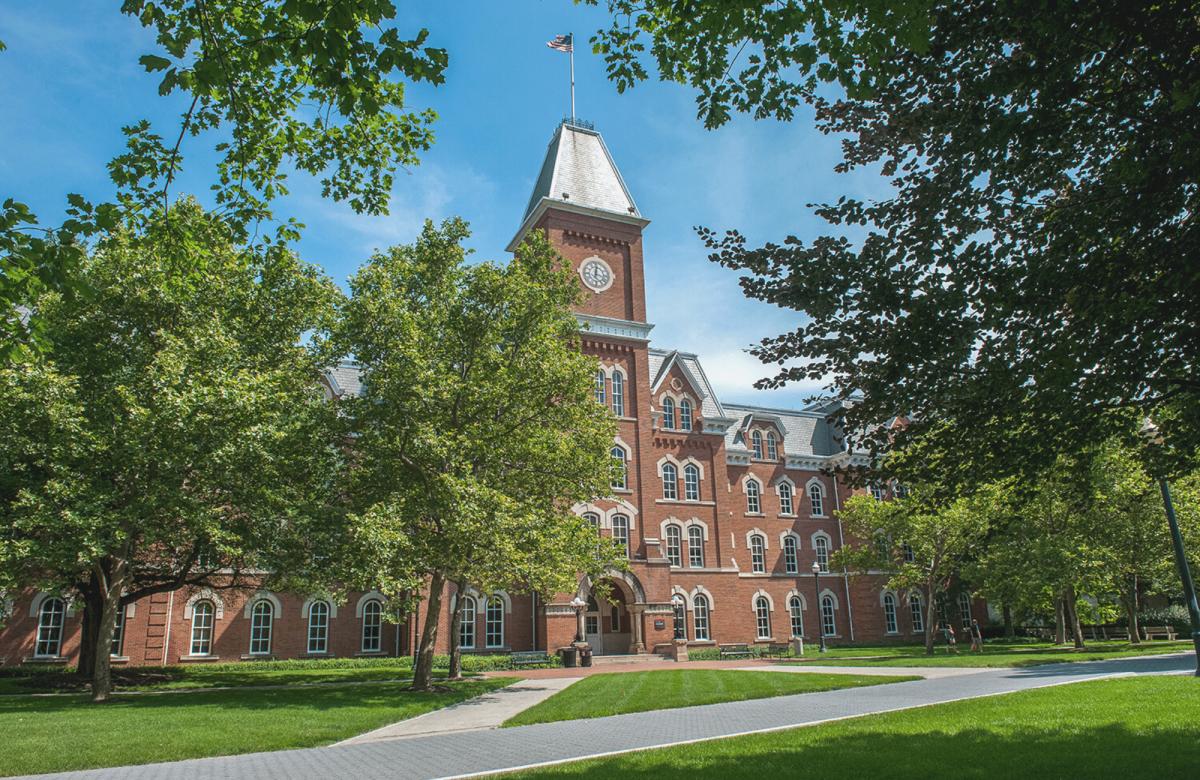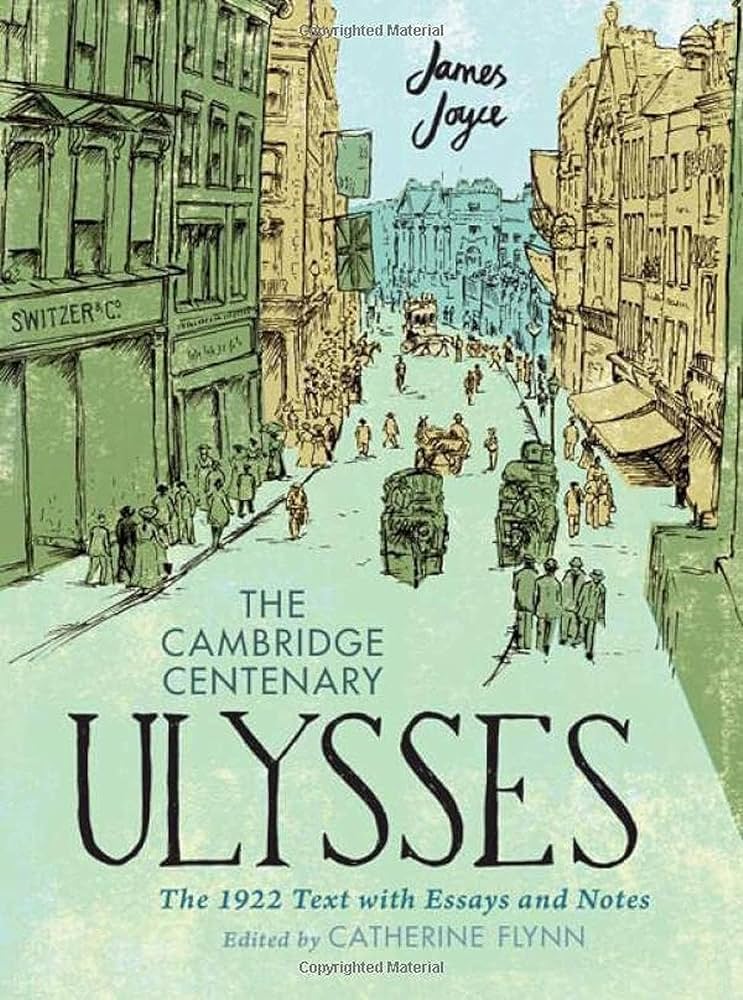
Hassan Sayed ’15
Just last week, the world lost one of the most important figures in the course of its history. On 5 December, 2013 South African Nelson Mandela died at the age of 95. Since February of 2011, Mr. Mandela was in and out of the hospital due to lung infections, gallstones, and other sicknesses which were very detrimental to his health at such an old age.
Nelson Mandela’s legacy was unparalleled in bringing justice to human rights in his native South Africa. Throughout the 1950s, he fought for equal rights for native Africans in a post-British South Africa, where apartheid government gave heavy social and political preference to the elite white men and few basic rights to the native, black South Africans. Though he was committed to nonviolent resistance like Gandhi, he was arrested for 1962 for his involvement in a military attempt to overthrow the South African government. He spent the next 27 years in prison, living in a small cell before he was finally released in 1990 as a result of both public pressure and civil conflict throughout the country.
Over the next few years, Mr. Mandela pushed for his initial goal of bringing equal rights to all those in South Africa, which brought him a Nobel Peace Prize in 1993. Through negotiation with then-president F.W. de Klerk, he was able to grant voting rights to the natives of the country, and subsequently, in 1994, the first election took place in South Africa where all citizens, black or white, had the right to vote. And at the forefront of this election was Mr. Mandela, who then became the first black president of South Africa.
During his presidency from 1994-1999, Mr. Mandela took the role of a “democratic socialist,” advocating for continued improvement of human rights along with better healthcare service, land reform, anti-poverty measures, and other acts aimed at bettering quality of life for South Africans. Even after he stepped down from the role of president, he continued to work as a philanthropist, improving the lives of his country’s people through the “Nelson Mandela Foundation,” which helped the impoverished and aided in the fight to combat HIV/AIDS.
He was loved among his own people, who often called him “Madiba,” his South African tribal name. And he was loved on an international level. When his death was announced, there was enormous outcry, best shown on the internet. On its homepage, Apple removed all product advertisement and replaced it with a simple black and white photo of Mandela, with his name and the dates of his birth and death. Among others who expressed great emotion at his death included President Barack Obama of the United Sates, Pope Francis of the Catholic Church, the Dalai Lama, teenage Pakistani rights activist Malala Yousafzai, Irani President Hassan Rouhani, Queen Elizabeth II of Britain, and many other important figures in modern society.
Nelson Mandela was a remarkable figure both in our time and in our history. And while he is no longer present with us, his legacy lives on and will continue to live on forever.
Nelson Mandela: The Death of a Legend
December 12, 2013
More to Discover










